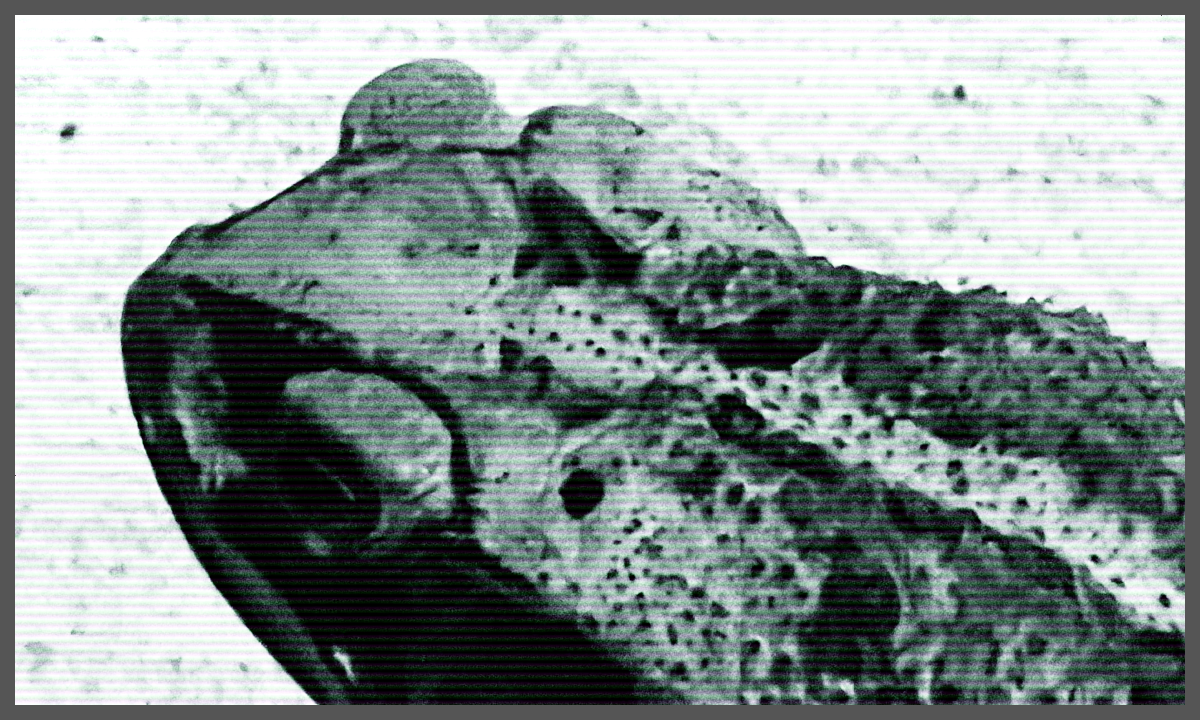Hello and welcome back! This week we have a few distinct ideas inspired by assignments and experiences this week. Let’s begin!
As someone who rarely plays the game, it is easy to forget that the objective in chess is not to claim the most pieces. The objective is to capture the king. Efficiency is not the battle with the most casualties; it is in fact the opposite. Referencing commonly known history, imagine how many lives could have been saved had Hitler been captured in 1941. Two standoffish kings can selfishly lay a board of pawns beneath them.
I listened to Modern Widsom episode #795 this week. All of the episodes that I have been listening to the past couple of weeks have been very insightful. Too insightful, actually—I neglect to write meaningful ideas down when I hear them, and I end up forgetting many ideas that I wish to retain. To introduce you to this episode, I will share one idea that I really enjoyed. The idea of setting goals not for the approval or in competition with others but for oneself. This is likely not the first time that you have heard something similar to this idea, but it reminded me of my own personal goal of better distancing myself from achieving what I think others want me to achieve. It reminded me to practice not seeking validation from others as my source of satisfaction. Instead, I would like to learn how to be enough for myself. If you have the time, this is a good episode.
I just wrote the previous paragraph, forgetting that I had already written the following:
I want to mention my self-observed characteristics and links to my childhood that they might have originated from. Episode 795 of Modernwisdom has a great conversation on ‘running your own race’ and living life towards meaning and happiness. There was a time in that conversation where I reflected on both the way I learned to perceive myself as someone superior to most and the independence forged into me. I do not know exactly when I transitioned from feeling like a kid who was more or less ordinary to someone with high self-expectations. I never remember feeling like I fit in, but I vaguely remember feeling insignificant, just human. Maybe this insignificance is a disconnect that is a product of childhood, but I have a warped sense of significance now. I found some things easier than most others did, but I also struggled in my own ways. Maybe it was the positive reinforcement that created a self-fulfilling belief that has made me into who I am now. Maybe I never changed, and I am the same person I always was—the same person that I always would have become. The person I am now is someone who feels like his life is not accomplished unless I do the remarkable. Ajoined to that is the independence that makes me feel like I alone must make these achievements. I am presently wrestling with these ideas, so I wanted to write them down. Thank you, Chris… I am genuinely appreciative.
I am reading “Slavery and Justice.” More on that later, but I was just thinking about how long it will take for the “entropy,” the progression of society towards equality and homogeneity, to shadow the oppressive sin of the past? There will be a time, even if it is in a million years, on a different plant, when slavery in the United States of America will be forgotten. All racial colors will assimilate into one, and the next evolution of man will either rise, have risen, be reevolving, or have been self-expelled from the universe. From what I am seeing about reparations, the logical and cautionarily cynical side of my opinion fear that it will take until this time for the sins to be “atoned.” I do not know if time can atone for sins, but it might be the only remedy with which we as a greater, diverse community can agree. Time, the inability of our history to produce a redress during the most available time, is the nail in the coffin, and so time might be the only grace left. Time does not atone for crimes of abolish sin, but it slowly shifts everything towards the future, something new, something further from the past. We, as disenfranchised people or we, as a community of interdependent humans, should not pray for amnesia, but the time for action has priority in the past.
I am on the fence when it comes to reparations because I would never claim to be “the disenfranchised.” I share the class with my fellow men of color, but I do not identify with the loss of privilege. There was a time that I did, but for me personally, that time is in the past. There is no atonement, in the form of monetary reparations, that would advance my life any more than it would any man in America. I cannot say that the same is true for the generations before me or many of the children still affected by the cyclical generational subjugation cast on colored peoples across this country and across the world. If there is a line, I think that I have crossed it, but it would be selfish of me to stand in my comfort and ignore the many still bearing the weight of the past. Moreover, as I continue to consider my position, I must recognize that I still bear the weight—the weight on my grandmother’s shoulders and my father’s alike—that is also mine to bear somewhat. However, I have reached an equilibrium, a point at which my appreciation has surpassed my setbacks. I am one of the lucky ones… My experience is not unanimously shared, even for those who work their whole lives in its anticipation… This is my fortune, so I am on the fence. More can be done, and maybe, although it is not fair, I am in the best position to contribute self-sacrifice. I have a unique ability to transcend barriers that might prohibit many others. The fact that my past does not mirror my present gives me a distinctive ability to do something different. Towards this motive, I am compelled, but I must further evaluate what this means to me and what it will mean to all those I might interact with.
Through my limited experience and understanding of the world, I believe that everyone, regardless of identity, should be given the help that they ‘need,’ but I do not believe that the human social world will ever be fair or that every human will effectively utilize the help given. You can lead a horse to water… Having read the Salavery and Justice Report, I am very doubtful that any form of individualized reparations could ever equitably be given to any one group of descendants, regardless of the crimes committed against their ancestors. “There is neither wealth nor wisdom enough in the world to compensate in money for all the wrongs in history” (Brown University…) As cruel as the past was, it has unfortunately become a selfish proposition to request something for which no living party attended. I think that we should use the collective privilege of our nation to help all the underserved communities, indifferent to the past—we should not help a color or an identity but help those in need. This includes all those disenfranchised by the past and in the present. This at least supplies an agreeable action that will better our whole nation. This is a compromise, yes, but asking for more is both unrealistic and counterproductive for both sides. I support putting out my hand to any man or woman that is willing to cling back and pull. Indiscriminately offering our hands towards our fellow humans is the solution I propose.
“Slavery and Justice”
The Report of the Brown University Steering Committee on Slavery and Justice – First Reading Response Prompts and Responses:
- How does this history challenge your previously held conceptions and understanding of the transatlantic slave trade? Of “the North”? Of Brown itself?
My previously held conception of the slave trade afforded me a more narrow perspective of the business that was the commodification of human beings. Reading about the voyages, and specifically Rhode Island’s involvement, I was reminded that the slave trade was an atrocity that will forever plague United States history, but that our nation’s involvement was only one component of a much greater web. When studying American history, my experience in classrooms has focused on the history of the men, women, and children once they arrived in the states. This, I have learned, is only a small fraction of the enslaved population and only one piece of a narrative that literally spans the globe. Additionally, my perceptions have been challenged because many of the experiences that I have had when learning about slavery vilify the south and give virtue to the north. Although the north did ultimately fight for the abolition of slavery, as illustrated in this report, “Slavery and Justice,” many crimes were committed in the north, and even if not directly, nation-wide, many businesses were built from slave labor, regardless of the exact geography of where the labor was performed. All this to say that the way in which I originally learned about the fight for abolition is disingenuous to reality. They have always existed, both men and women, that have been opposed to slavery. Such cruelty cannot be unanimously dismissed, but absolute innocence can be given to no group—the north, the south, Brown, or any other establishment that coexisted in the environment that housed slavery as its neighbor. The perceptions of these groups now, in the modern day, are the topic of conversation; being honest about our history and incorporating it into how we evolve as communities is the challenge. Personally, my conceptions of institutions such as Brown University have not been tarnished as a result of being educated more about the past. The world has traveled around the sun too many times since the 19th century for me to connect the spiteful emotions that the acts of slavery should elicit. Blatant consequences exist from the past, but this history was before me. Regardless of how I might perceive the past, it is unforgettable—the past makes the present, and presently, there is still much work to be done. I believe that this work must make primary the obstacles of the modern world, for it is what we do now that I believe our conceptions should be defined. We have the knowledge, hindsight, technology, and ability of millions before us. Our responsibility is not to draw negativity from the past but to use what we have gained to inspire positive conceptions for the future.
- One of the labels that is often attached to New England’s relationship to slavery is “complicity”: what meanings does that word convey? What does it illuminate and what does it obscure? Are there other terms that better express the nature of moral responsibility for acts of violence that might be perpetrated thousands of miles away in one’s name or for one’s benefit?
It seems to me that the use of “complicity” is a way of admitting guilt without accepting the entire responsibility of the action. This is an admission to having done something; in the case of slavery, this is accepting that crimes were committed, but it creates a divide and obscures the severity of the crimes. There might exist better terms, but the significance of the expression of responsibility is lost once the “perfect” term is required. Unless we speak to exactly what happened and why it happened, a term will always blur reality. New England’s relationship to slavery was not complicit; New England engaged in the sale and trade of African lives both domestically and internationally for profit. I believe hiding behind words will further distance both sides from the original intent of the conversation, if that intent is to be progressive towards community and ultimately global remediation of the past.
This is all that I have for this week. This has been Tristan, the one and only. Bye!
Citation
Brown University Steering Committee. “Slavery and Justice | 4. Confronting Slavery’s Legacy: The Reparations Question.” First Readings: Brown University’s Slavery and Justice Report, 14 July 2023.


